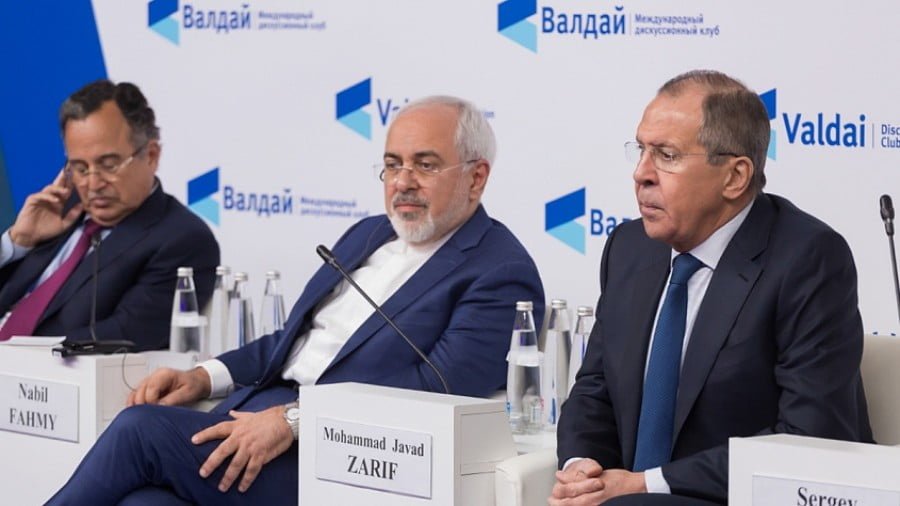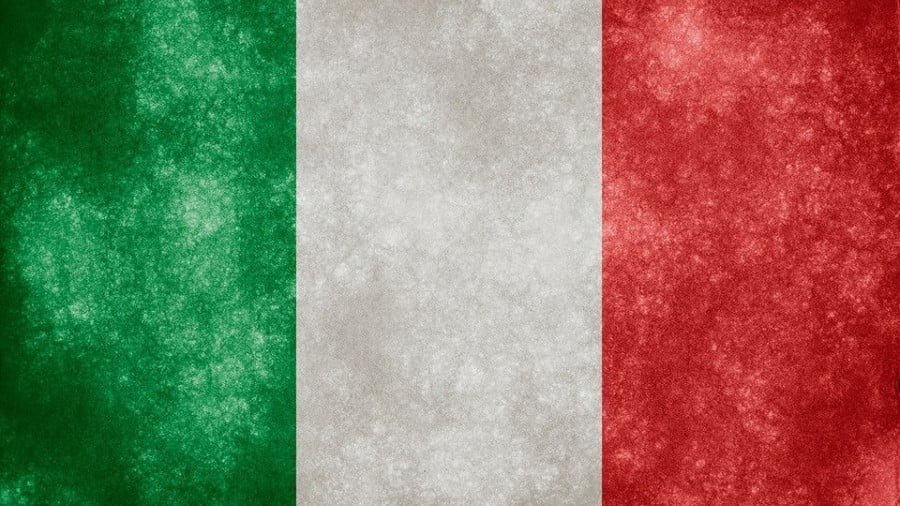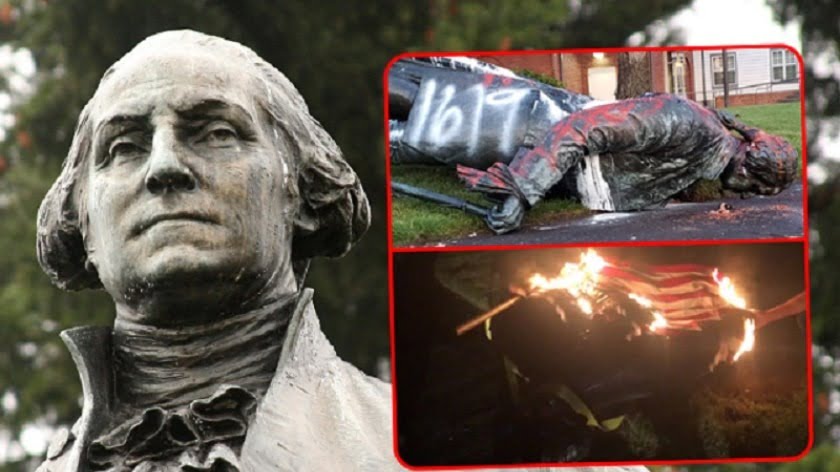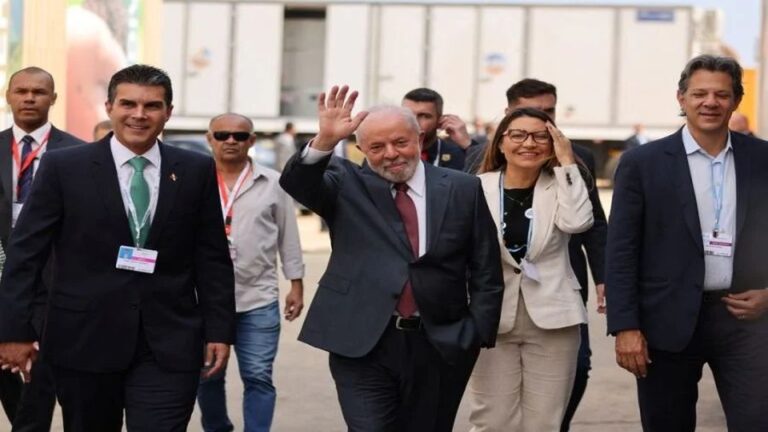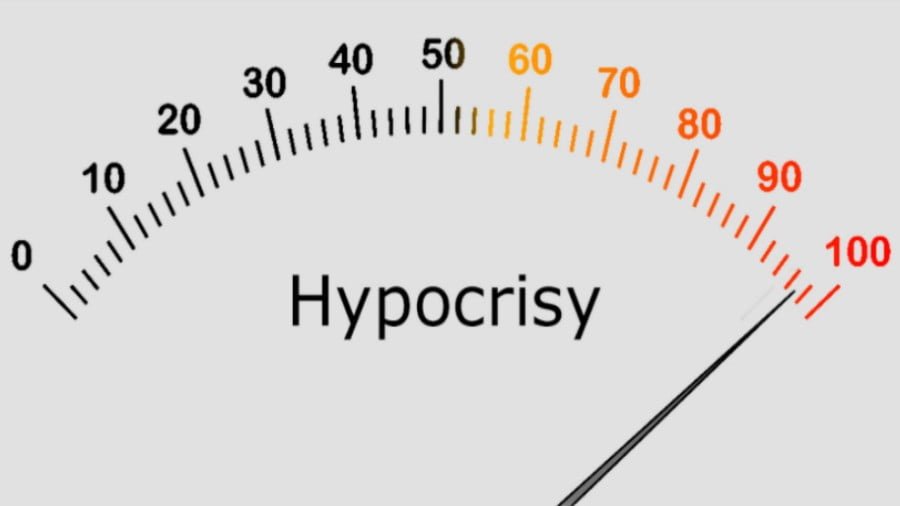Russia in Lebanon: “Anti-Zionist” Agenda or “Pro-Israeli” Pivot?
According to various sources, Lebanon has agreed to give the Russian Armed Forces basing and transit rights as well as allow Moscow to develop offshore energy reserves in the Eastern Mediterranean in a move that’s being heralded as a game-changing pivot by some analysts in the Alt-Media Community. The popular narrative that they’re disseminating is that Russia is deepening its involvement in Lebanon in order to deter another Israeli invasion, though this storyline is easily debunked upon closer examination.
The presence of the Russian military in Lebanon will have no effect whatsoever on Israel’s calculations in waging an anti-Iranian war against its northern neighbor’s influential socio-political movement and powerful anti-terrorist militia of Hezbollah, as not even thousands of rotational troops in Syria and dozens of aircraft there at the height of Russia’s intervention did anything to stop Tel Aviv from bombing the Arab Republic on the very same pretexts as it’s hinting it may employ against Beirut.
To the contrary, instead of being an anti-Israeli move, it can be argued that Russia’s developing military-energy relations with Lebanon might actually be to its benefit because they position Moscow to replace discredited Saudi Arabia as an Israeli-friendly “counterbalancing” force against Iran following Crown Prince Mohammed Bin Salman’s failed so-called “kidnapping” of Prime Minister Hariri late last year and the tidal wave of disgust that this produced from Lebanese society.
Since Saudi Arabia’s soft power influence is fading, it’s to the betterment of Israel’s grand strategic interests to introduce another party to Lebanese affairs to take on Riyadh’s previously powerful role, hence why – whether coordinated or not – Russia is now comprehensively expanding and diversifying its involvement there. As further proof of this, one needs look no further than Russian Foreign Minister Sergei Lavrov’s headline-grabbing comments at this week’s Valdai Discussion Club conference on Moscow’s Mideast policy.
In the most prominent sign yet of just how strong the Russian-Israeli alliance is, he declared that “We have stated many times that we won’t accept the statements that Israel, as a Zionist state, should be destroyed and wiped off the map. I believe this is an absolutely wrong way to advance one’s own interests”, which can be seen as a warning against Iran, Hezbollah, and even some in Syria as well that Russia condemns any and all statements and actions that they may take against Israel.
With this authoritative policy-clarifying statement in mind, there is no way that Russia’s expanded military-energy presence in Lebanon is against Israel’s interests, but is actually to its regional advantage in the sense that it seeks to replace Saudi Arabia’s recently declining role in the country and therefore “counterbalance” Iranian influence there, which altogether means that it will have no deterrence effect on whether or not Israel decides to wage an anti-Iranian war there on Hezbollah or carry out airstrikes against it.
Top Photo: The top-level diplomats Nabil FAHMY (Egypt), Mohammad Javad ZARIF (Iran) and Sergey LAVROV (Russia) at the Middle East conference of Valdai Discussion Club, Moscow, Feb 2018
By Andrew Korybko
Source: Oriental Review

